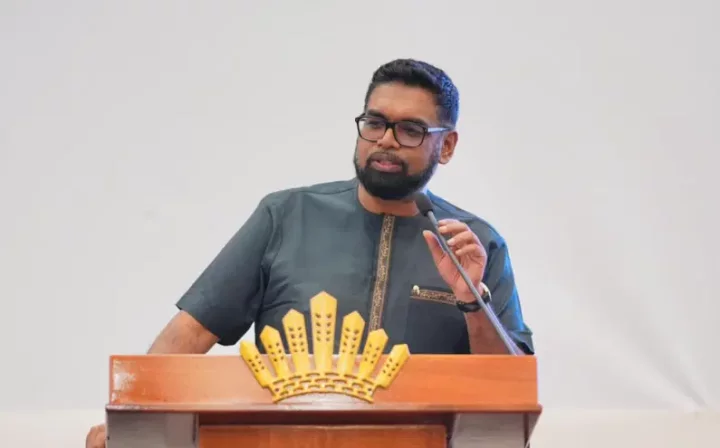
President Irfaan Ali has announced that the government of Guyana will provide a one-off grant of $100,000 to every Guyanese citizen aged 18 and over.
The change comes after concerns and complexities emerged over the household-based approach, prompting a shift to an individual distribution method aimed at inclusivity and transparency.
To qualify for the revised grant, individuals must present a valid Guyanese passport or national ID card.
According to President Ali, the decision to revise the grant allocation stemmed from issues in defining a "household" and ensuring all eligible citizens could benefit without dispute.
"Understanding the importance of feedback we have received, including concerns over family conflicts regarding access and distribution, it became clear that changes were necessary," the President stated.
He noted recent trends where citizens rushed to transfer vehicle registrations and set up tenancy agreements to establish separate households, potentially to secure multiple grants.
Such developments revealed challenges in the initial plan, leading President Ali to instruct a re-evaluation of the distribution strategy.
This updated approach is expected to ease administrative burdens, simplify verification processes, and minimize potential conflicts, ensuring a transparent system that expands access to the one-off grant for more individuals.
"Instead of $200,000 per household, my Government will now expand the benefit by providing a $100,000 cash grant to every Guyanese citizen aged 18 and above, with a straightforward verification through a valid ID card or passport," President Ali explained.
In addition to this grant announcement, President Ali reiterated the Government's commitment to abolish tuition fees at the University of Guyana starting in January 2025, alongside waiving tuition at all technical and vocational government institutions.
This move aligns with the government's broader strategy to enhance access to education and uplift opportunities for Guyanese citizens.
The revised cash grant plan, which aligns with former Finance Minister Winston Jordan's recommendation, has already sparked public discussion since it was first announced.

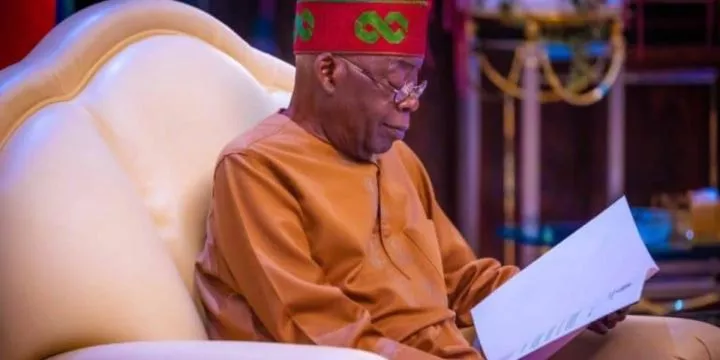

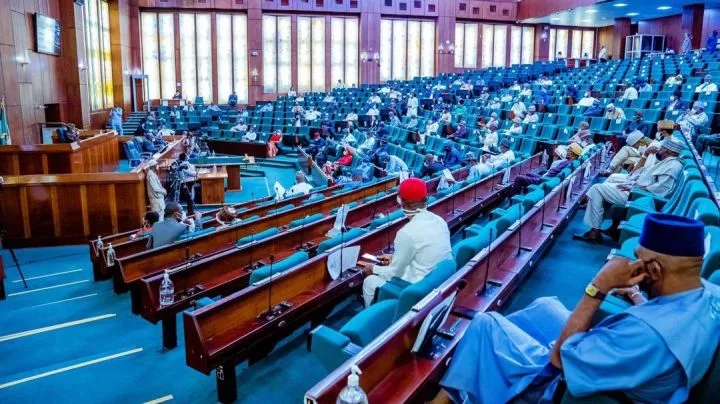
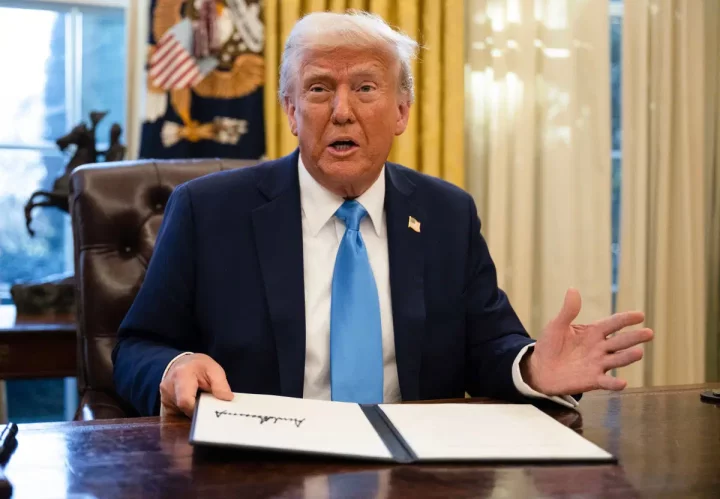

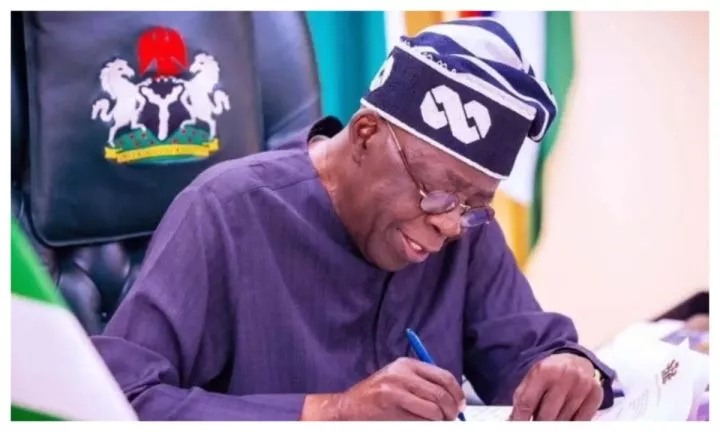

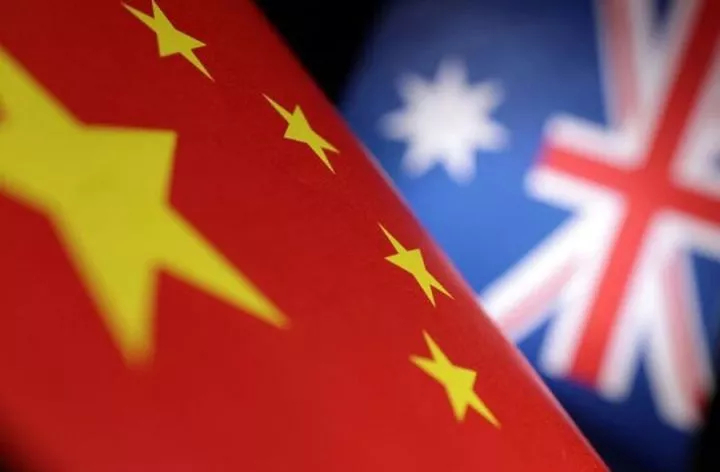








Comments